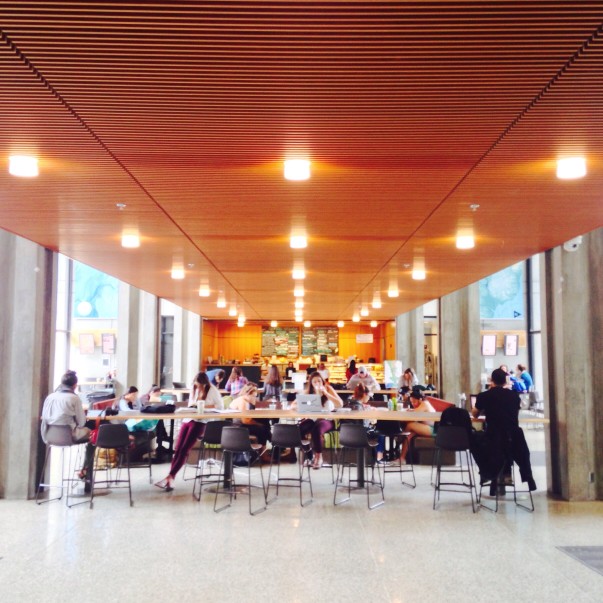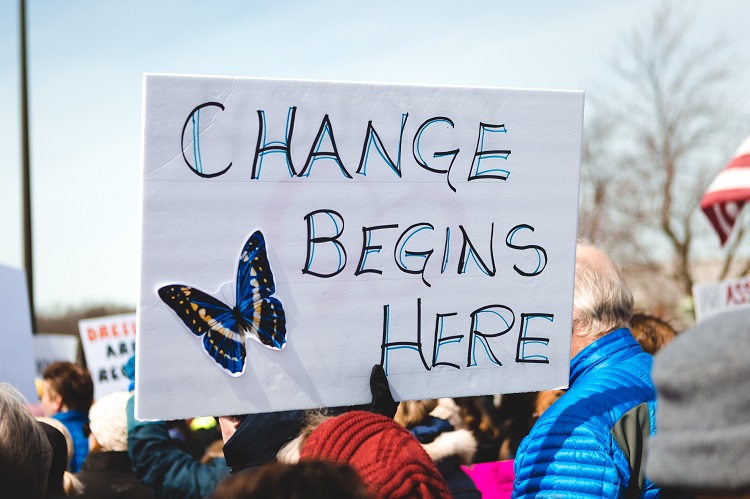I just finished reading an essay about the resistance of Massachusetts officials to including basic economics education in school curricula back in the 1990s. The author points out that nearly all economists agree on the basic ideas of micro-economics—such as opportunity cost, supply and demand curves, incentives, and price signaling—and that these are all good things to teach young people before they graduate high school.
The problem is non-economists, and the education establishment. As documented, they felt that teaching children basic economics—although its principles are widely agreed upon by major economists of all political persuasions—might conflict with their desire for children to graduate more disposed towards government intervention. Or, as Robert Costrell writes, some “fear that any curricular space granted to discipline-based economics will result in free-market sectarianism inflicted on our children.”
Here are some examples of criticism from non-economists that Costrell chronicles:
- Teaching basic economics gives “no moral weight to the needs of the poor.”
- Students should instead “understand differences between the price of something [and] its intrinsic worth.”
- “Generally speaking, neo-classical theory emphasizes individualism over community.”
In short, the objections to an accurate representation of basic, evidence-based economics were based purely on people’s political beliefs. And unfortunately, their political beliefs contradict a great deal of convincing evidence that we have about how the world works.
In reality, this is even more reason to teach economics in schools. Who knows how less awful our nation’s horrific fiscal condition might be if our representatives had taken Econ 101.
[pullquote] People should take empirical knowledge to heart, adjusting their dreams for the world to better fit the way it really is.[/pullquote]
As Harvard economist Gregory Mankiw has discussed, studying economics can make people more conservative today, not just in the 1990s. If only we could avoid turning these truths into a vicious battle between liberals and conservatives in education and elsewhere, we could think seriously about why this might be the case.
That probably isn’t going to happen. But even so, when economists say “tradeoffs cannot be avoided” and “people respond to economic incentives,” perhaps it would be wiser for people to take that empirical knowledge to heart, adjusting their dreams for the world to better fit the way it really is. At the very least, we should allow children to receive objective instruction about economics while remaining free to cherish any contrary fancies they like.



